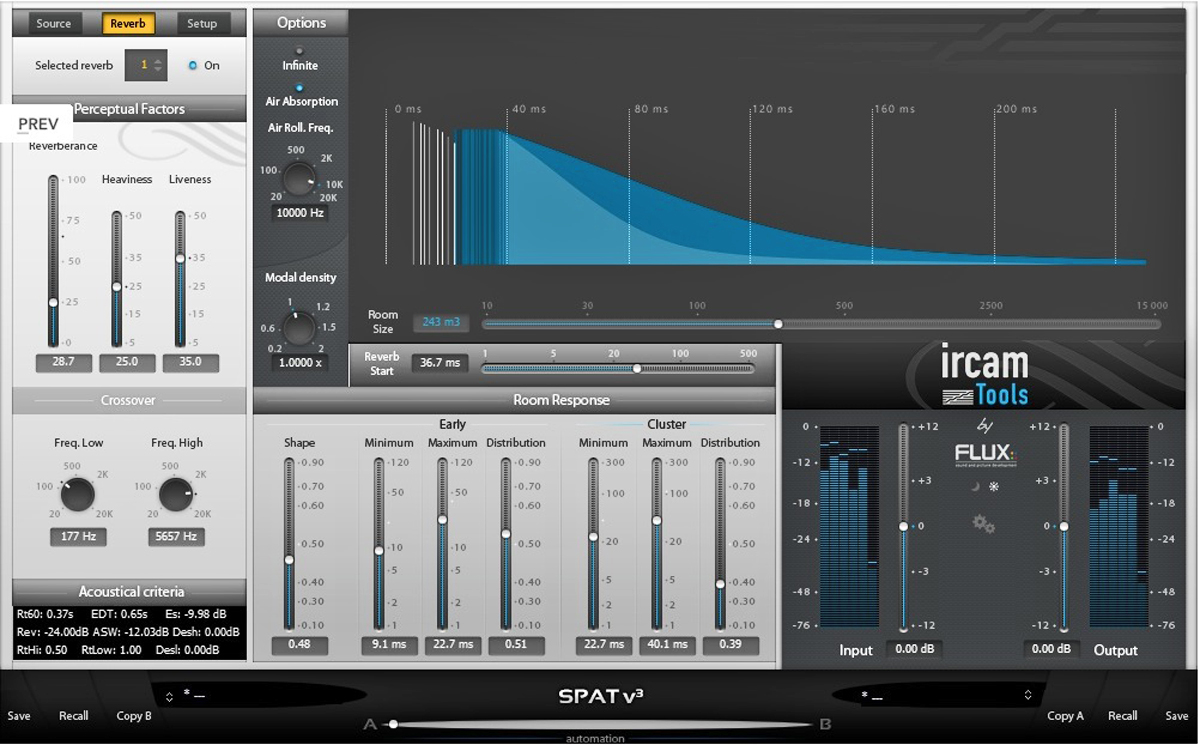
FLUX STEREO TOOLS HOW TO
I'm aware of the issue of phase, and was looking for a bit of advice on what some of the common causes of phase are, and how to best avoid stereo diareahaĪlso, the plugin isn't exactly self-explanatory because again, I"m a noob. Well as stated, I'm very new to using stereo techniques and new to production in general. As of now I check my mixes in mono for problems, but was looking for a rough visual guide as secondary help.ĭeadly habit wrote:ah damn, it's pretty self explanatory tbh I realize it's probably fairly basic to most of you guys, but was hoping somebody could possibly break it down and tell me what I should be looking out for, or maybe how to use some of the plugins features (such as phase inverters). I've read quite a lot how spreading sounds makes a huge difference in transforming ones song from flat and mono to a bit more 3 dimensional, but I'm aware of the possibility of phase issues when offsetting and spreading.Īnyone here use it? I'm looking for a bit of advice since there's no manual.

Thing is, it doesn't seem to come with a manual, and I'm still fairly new to production and just getting to the point of worrying about phase issues and checking the stereo field. A vector scope display, Peak meters for both inputs and outputs, and a phase correlation meter permanently monitor the signal.Īs all Flux:: plug-ins it features 64-bit floating point processing, up to 8 FS (384 KHz). Stereo Tool also offers an accurate visual feedback reflecting the signal content. A global stereo pan and a stereo width setting are also implemented to complete the management of the stereo signal.

A phase inverter is available for each channel.

It features ultra precise controls of input gain and individual pan for left and right channels. Stereo Tool offers controls and visual feedback for the stereo stage.


 0 kommentar(er)
0 kommentar(er)
